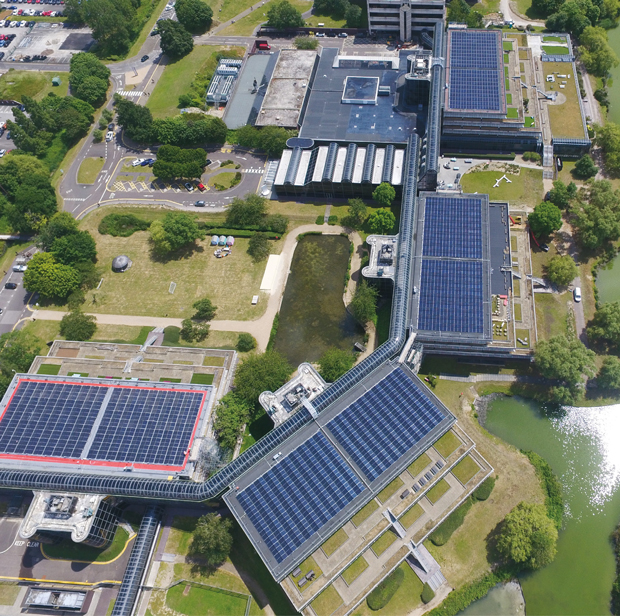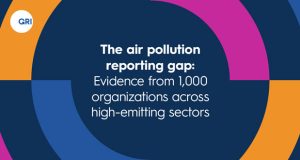 Simon Bateman, Asset Manager at Lakeside North Harbour business campus on how meeting net zero can begin in the carpark
Simon Bateman, Asset Manager at Lakeside North Harbour business campus on how meeting net zero can begin in the carpark
As the effects of climate change intensify and the demand for cleaner, smarter ways of working grows, sustainability in the workplace has become not just an ethical imperative, but a strategic one. At Lakeside North Harbour, a business campus set in 130-acre landscaped grounds in Portsmouth on the South Coast, we are not just embracing sustainability – we are pioneering it.
In April, we completed a groundbreaking initiative to put clean energy at the heart of our campus and are now home to the UK’s largest car park solar panel and battery storage installation. The energy we create from this is enough to power more than 1,300 average three-bedroom houses for one year.
The key factors in this landmark project, delivered in partnership with Portsmouth City Council are:
- 8,545 solar panels installed across the car park canopy and on buildings
- The full network of solar panels is set to generate approximately 4,000MWh per year
- The energy generated will meet around 40 per cent of the entire site’s electricity usage and will mean, on very sunny days and weekends, excess power can be released to the grid
- The project is estimated to prevent more than 900 tonnes of carbon dioxide emissions per year
The site’s solar energy and battery storage system actively reduces reliance on fossil fuels and cuts emissions. For us, this is not just innovation for innovation’s sake — it is directly aligned with the UK’s legally binding net zero target for 2050 – and provides a scalable model for clean energy integration for businesses across the UK and beyond.
BEYOND COMPLIANCE
Creating sustainable office environments is increasingly required by law and as a minimum firms must ensure they meet several key UK regulation frameworks including:
- Minimum Energy Efficiency Standards (MEES), which prevent the letting of commercial spaces with an EPC rating below ‘E’ — with future targets aiming for a ‘B’ rating by 2030. We know that larger companies will not consider buildings below a B rated EPC and often have Global Property Selection Principles, including high efficiency non-fossil fuel air conditioning, standby generators, dual electrical feeds, smart lifts, undercover parking and more.
- Streamlined Energy and Carbon Reporting (SECR), which requires large businesses to disclose their energy use and carbon emissions. Operating from a sustainable site helps reduce these reportable figures.
- Task Force on Climate-related Financial Disclosures (TCFD), now mandatory for many UK firms, compels businesses to evaluate and disclose climate risks, including the environmental resilience of their real estate assets.
But sustainable offices deliver real value beyond compliance. They are smarter, more efficient and better places to work and often have lower operational costs. For example, green buildings tend to use much less energy and water.
‘Green’ workplaces are healthier – they often have improved air quality, natural lighting and access to green spaces which we know from Lakeside, boost wellbeing and productivity.
Lakeside’s high-performing, energy-efficient buildings not only meet these expectations, but help futureproof businesses against the rising tide of environmental compliance and risk reporting.





